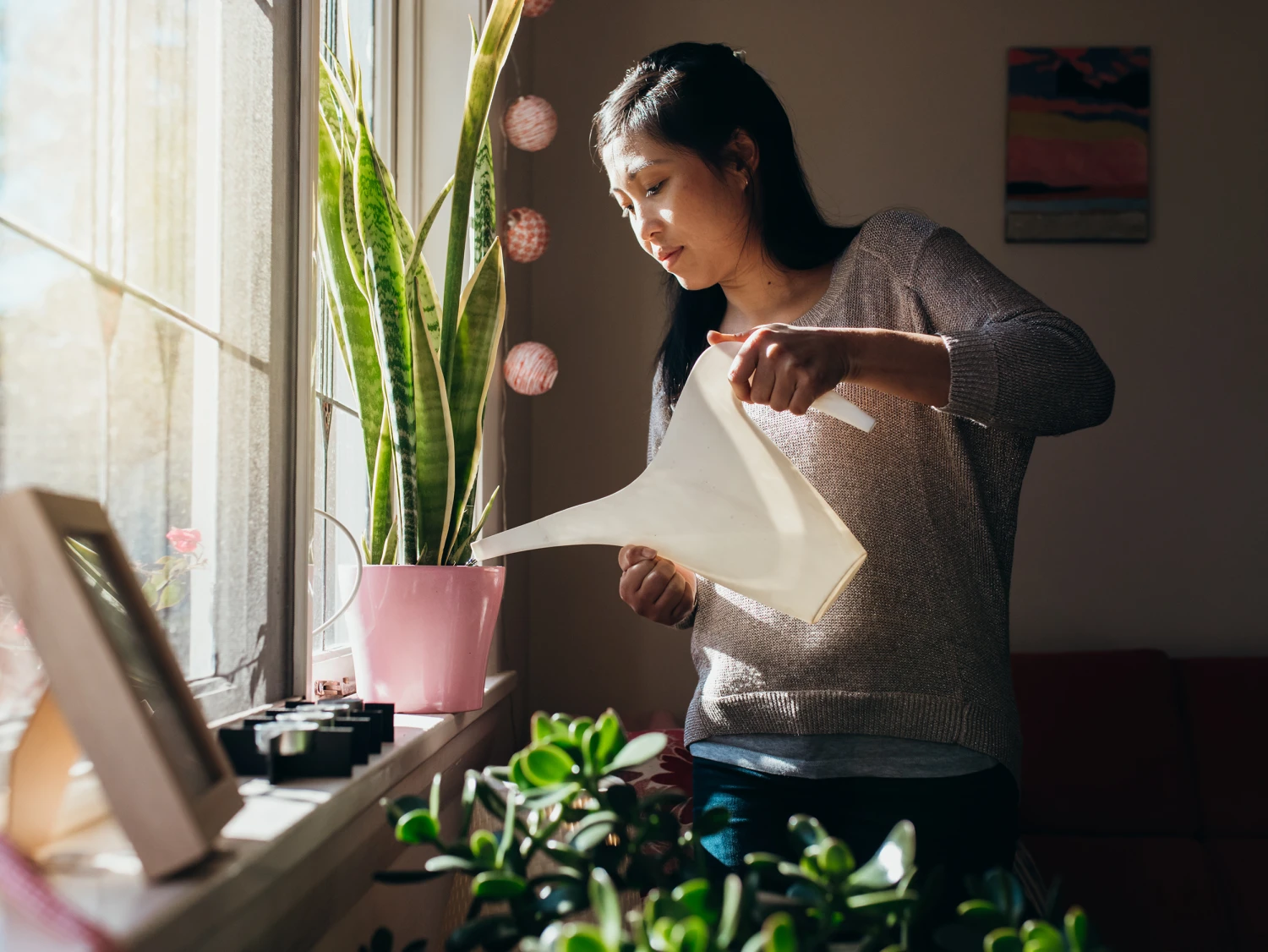Unlike people who have always prepared sets of clothes, activities, and other plans for each of the four seasons, plants need help and extra care to survive. Transitioning from summer to autumn is a crucial stage for plants. This is the early stage where there is less sunlight, colder temperature, and a decrease in humidity, all of which are essential parts of a plant’s life.
If you have an indoor garden or plan to have one, you have to make sure that they stand the test of season changes. How are you going to get the most out of your indoor garden in the upcoming autumn season? Here are five tips and tricks to get your plant autumn-ready.
1. Prepare your home.
Your indoor garden also resides inside your home. This is why it’s only fair that your home is plant-friendly. It should have enough space for the plants, proper ventilation, conditioned air, and be free from plant pests, among others.
The first and the best thing to do is to get the best home insurance for new house. In that way, you are free to do whatever you want, including having your very own indoor garden, thinking that your home is secure and in good hands.
2. Put the plants in a strategic location.
Giving your plants extra care and attention during autumn will most likely help them survive the next season, which is winter. One way to do it is to give them the perfect location in your home.
If you have pets, keep your plants away from their reach. Make sure that the temperature is between 68 and 77 degrees Fahrenheit and the humidity is within 50%–80%.
Also, it will help if you put your garden where sunlight can pass through or where there is the best lighting. Plants need light to produce the nutrients they need. As autumn approaches, the days also get shorter, affecting how sunlight enters your home. You may need to move your plants from where you placed them during spring as it may not be the best spot for them during autumn.
3. Grow citronella plants.
Make your garden beneficial by adding some useful plants, such as citronella.
When you grow citronella plants, you’ll get to enjoy its many benefits. The plant acts as an insect repellant, and its oil has anti-fungal and anti-inflammatory properties. Also, autumn is known to be an active time for some pests like ladybugs, stink bugs, and spiders, and citronella can help you with it. You can grind up its leaves and stems and use them as a natural insecticide.
4. Plant some herbs and spices.
What better way to make the most out of your plants than making food out of them! Add indoor herbs and other spices to your garden. Basil, chives, oregano, sage, mint, rosemary, and thyme are among the easiest herbs to grow indoors. Plus, most of them can grow all year round no matter the season.
5. Add nutrients to the soil.
To sustain the plants in the next season, spreading a layer of compost or adding fertilizer to the soil is important. If you’re going to use fertilizer, it is better to check with a simple soil test first to see if the soil is really lacking a certain element. This way,
6. Trim the plants.
Autumn is a time for plants to fall off their leaves. Prevent that from happening by giving your garden a trim. Cutting the rotting or dried-up leaves prevent the neighboring parts from rotting, prolonging the lives of your plants. Aged or unsightly leaves that are yellowing or browning must also be removed. But don’t forget to disinfect your plant snips after trimming to avoid the spreading of possible diseases or bacteria to other plants.
Do not let the autumn season be a hindrance for you to take care of your plants. Instead, make the most out of them. We hope that these tips have given you ideas on how to do just that. Happy gardening time!

